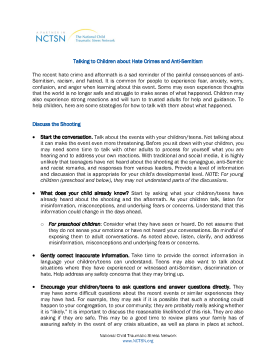
Talking to Children about Hate Crimes and Antisemitism
Provides information on how to talk to children about hate crimes.
The following resources on child trauma were developed by the NCTSN. To find a specific topic or resource, enter keywords in the search box, or filter by resource type, trauma type, language, or audience.

Provides information on how to talk to children about hate crimes.

Offers information on suicide, self-harm, and substance abuse prevention and treatment. This website promotes treatments that reduce the risk of serious health and behavioral health problems in youth.
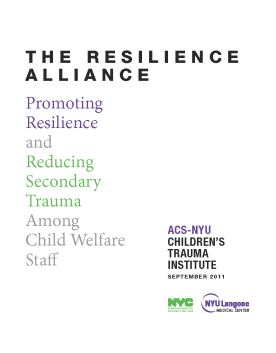
Is designed to mitigate secondary trauma symptoms experienced by child welfare staff, and secondary trauma’s impact on unit and agency functioning.

Offers training on the various components of Trauma-Focused Cognitive Behavioral Therapy.

Offers parents and caregivers a way to talk with their children about hurricanes. This children’s book describes some of Trinka's and Sam’s reactions to a hurricane, talks about how their parents help them express their feelings and feel safer.
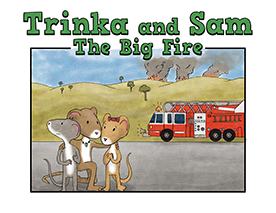
Helps young children and their families talk about feelings and worries they may have after experiencing a large-scale fire, like a wildfire. This children's book describes some of Trinka's and Sam's reactions and talks about how their parents help them to express their feelings and feel safer.
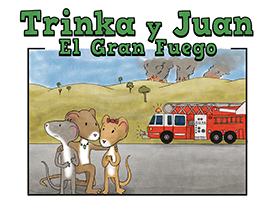
Ayuda a los niños pequeños y a sus familias a hablar sobre los sentimientos y las preocupaciones que puedan tener después de vivenciar un incendio a gran escala, como un incendio forestal.
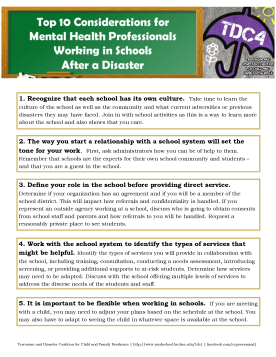
Outlines the top ten things mental health professionals working in schools after a disaster should be doing.
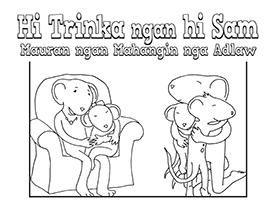
Offers parents and caregivers a way to talk with their children about hurricanes. This children’s book describes some of Trinka's and Sam’s reactions to a hurricane, talks about how their parents help them express their feelings and feel safer.

Offers parents and caregivers a way to talk with their children about hurricanes. This children’s book describes some of Trinka's and Sam’s reactions to a hurricane, and talks about how their parents help them express their feelings and feel safer.
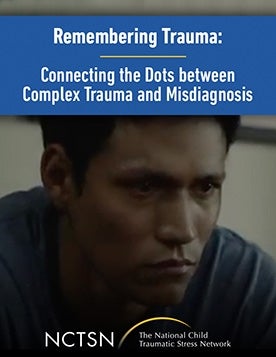
Highlights the story of a traumatized youth from early childhood to older adolescence illustrating his trauma reactions and interactions with various service providers.
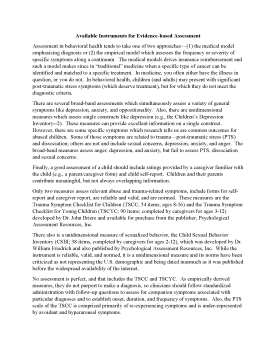
Offers information for CAC workers on the available instruments for evidence-based assessment.